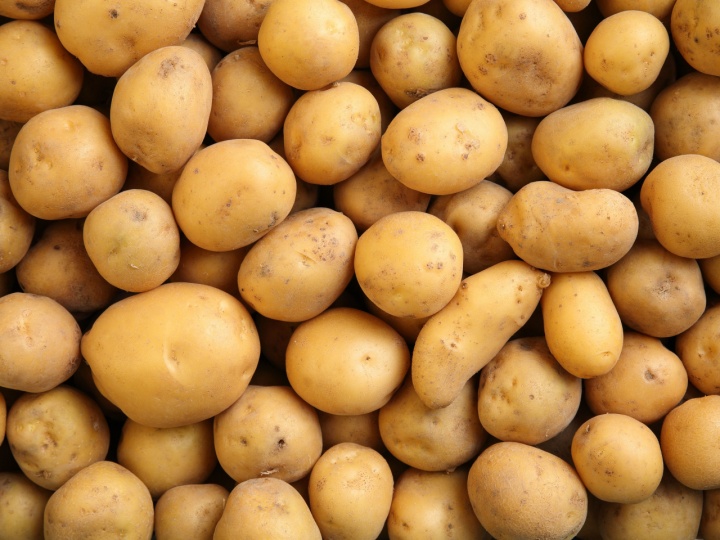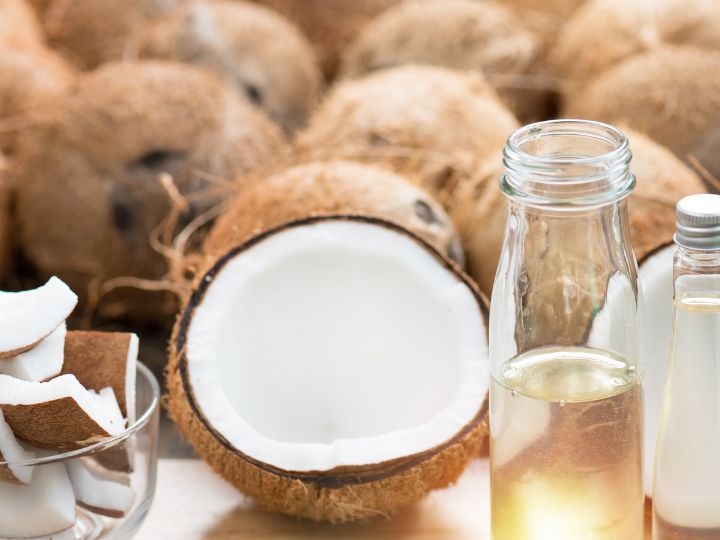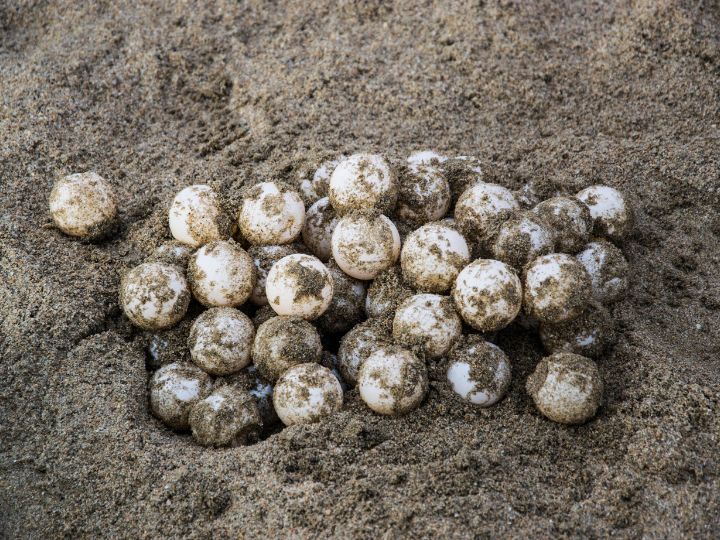Potatoes are a staple in many diets around the world, revered for their versatility, nutritional value, and storability. But it’s not just humans who find these tubers tempting. A variety of animals, some of whom you might be sharing your environment with, also have a penchant for potatoes. This can lead to unexpected losses in your garden or storage areas. Understanding which animals might be targeting your potatoes can help in managing and preventing these intrusions. For those with a green thumb or a vested interest in safeguarding their potato crops, here’s a list of 15 animals that might be raiding your potato patch, bringing a blend of curiosity and urgency to those looking to protect their precious produce.
1. Mice
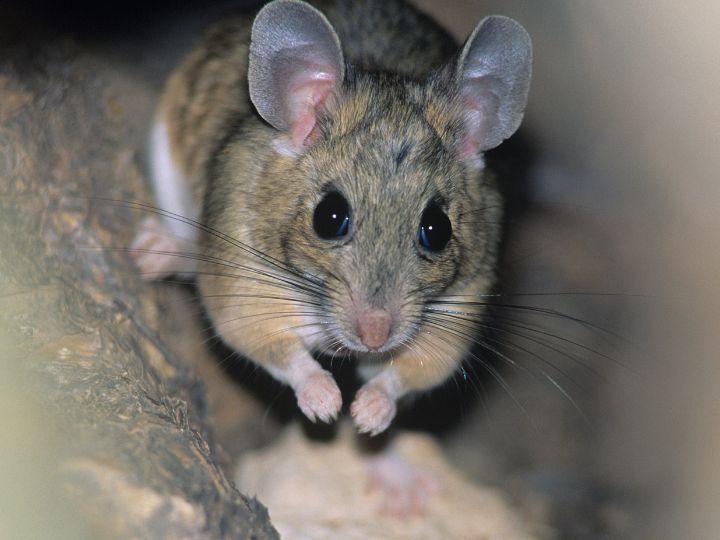
Mice are notorious for their ability to sneak into the smallest of spaces in search of food. These rodents have a varied diet but show a particular fondness for potatoes. They can cause significant damage by nibbling on stored potatoes, leaving behind marks and potentially spoiling large portions of your harvest. Effective storage solutions and rodent control are crucial to prevent mice from turning your potato stash into their feast.
2. Rats
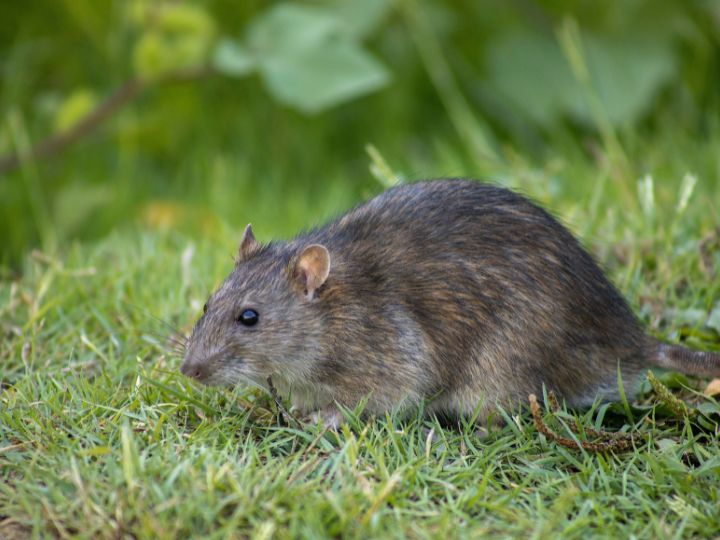
Similar to mice, rats have a diverse diet but won’t hesitate to dig into your potato reserves. Their larger size allows them to cause more substantial damage, often eating entire potatoes or burrowing into them to create nests. Securing your storage areas and implementing rat control measures are essential steps in safeguarding your potatoes against these voracious pests.
3. Voles

Voles, also known as field mice, are small rodents that can wreak havoc on your garden. They prefer to munch on the roots and tubers of plants, including potatoes. Voles can devastate a potato crop by eating the potatoes underground before they can be harvested. Implementing strategies to deter voles, such as maintaining a clean garden free of debris, can help protect your potato yield.
4. Squirrels

Squirrels might seem cute and harmless, but they can become a nuisance to gardeners by digging up and feasting on planted potatoes. Their sharp teeth easily penetrate potato skins, and they can remove and store potatoes for later consumption. Discouraging squirrels involves securing your garden with fencing or nets and removing attractants like accessible bird feed.
5. Deer
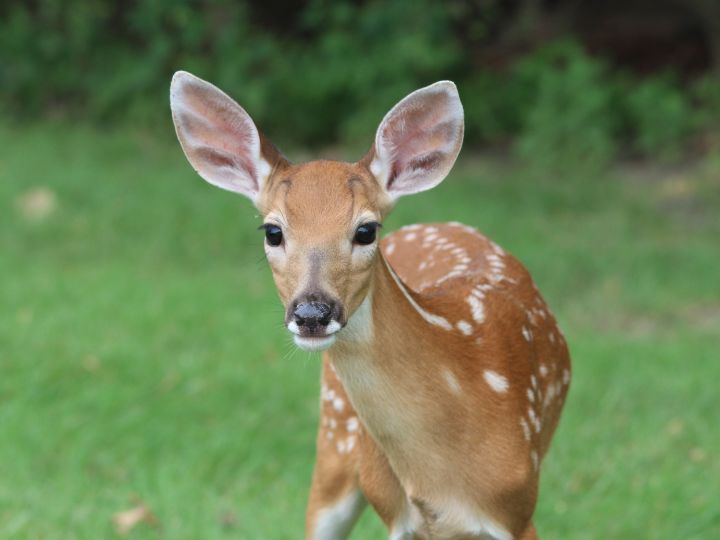
Deer are more likely to feast on the leaves and stems of potato plants than the potatoes themselves. However, their grazing can significantly damage the plant, affecting the growth and yield of your potato crop. Employing deer deterrents such as tall fencing or deer repellent sprays can be effective in keeping these majestic yet troublesome animals at bay.
6. Rabbits

Rabbits, with their voracious appetites, can cause trouble in your garden by nibbling on the tender shoots and leaves of young potato plants. This damage can stunt the plant’s growth, leading to a reduced potato yield. Rabbit-proof fencing is among the most effective ways to protect your garden from these furry intruders.
7. Groundhogs
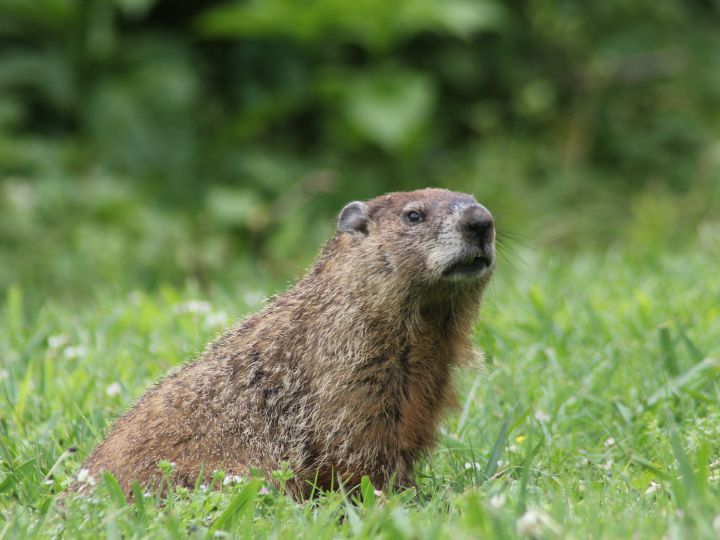
Groundhogs, or woodchucks, are known to eat potato plants and can occasionally dig up and consume the tubers themselves. Their burrowing habits can also disturb the growth of potato plants. Exclusion methods, like fencing that extends underground, can help keep groundhogs away from your potatoes.
8. Wild Boars
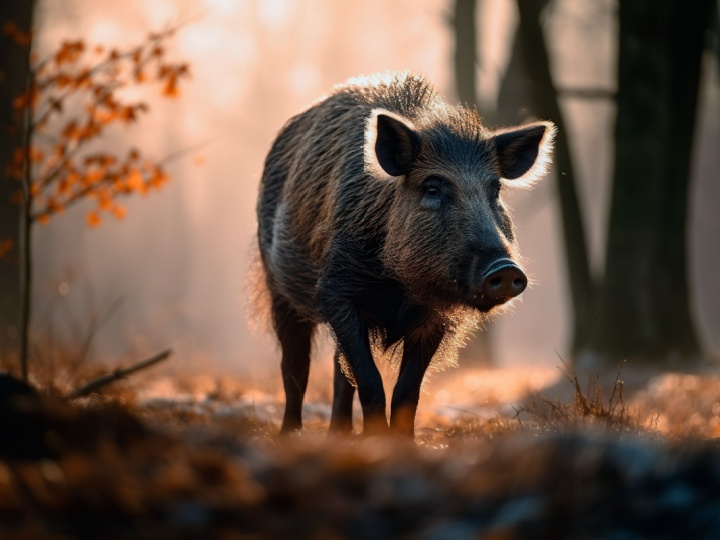
In areas where wild boars are common, these animals can be a significant threat to potato crops. They root around in the soil searching for food, which can lead to them unearthing and eating potatoes. Strong fencing and active management are needed to deter these powerful animals.
9. Raccoons
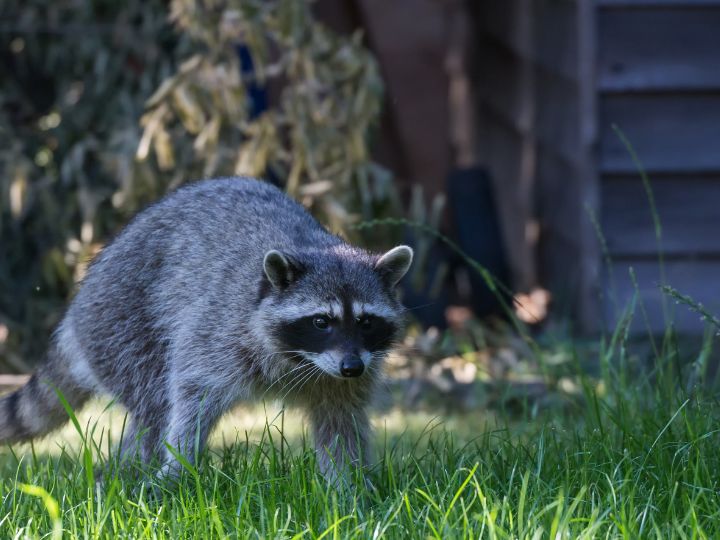
Raccoons are opportunistic feeders that won’t pass up the chance to eat potatoes. They can be particularly problematic in raiding stored potatoes or damaging plants while searching for tubers. Securing storage areas and employing raccoon deterrents are crucial in preventing these masked marauders from accessing your potatoes.
10. Birds
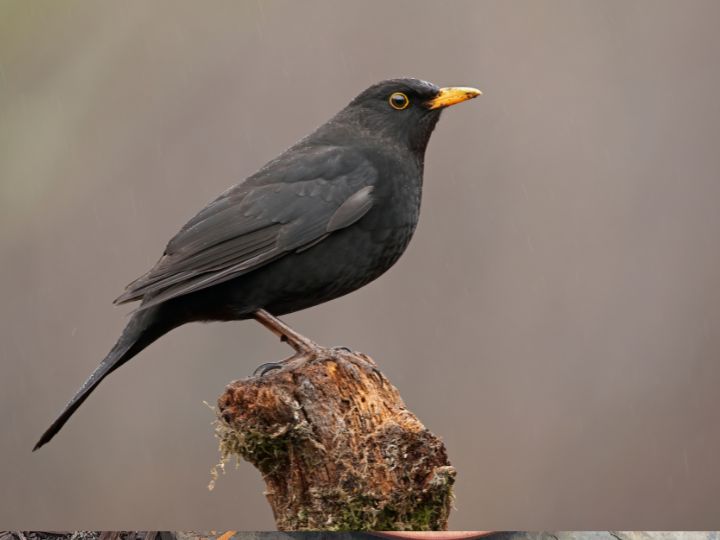
Certain bird species, such as crows and pigeons, might peck at potatoes left exposed on the surface. While they’re not as likely to cause as much damage as rodents, birds can still mark and spoil the appearance of your potatoes. Using scare tactics like reflective tape or scarecrows can help keep birds at bay.
11. Foxes
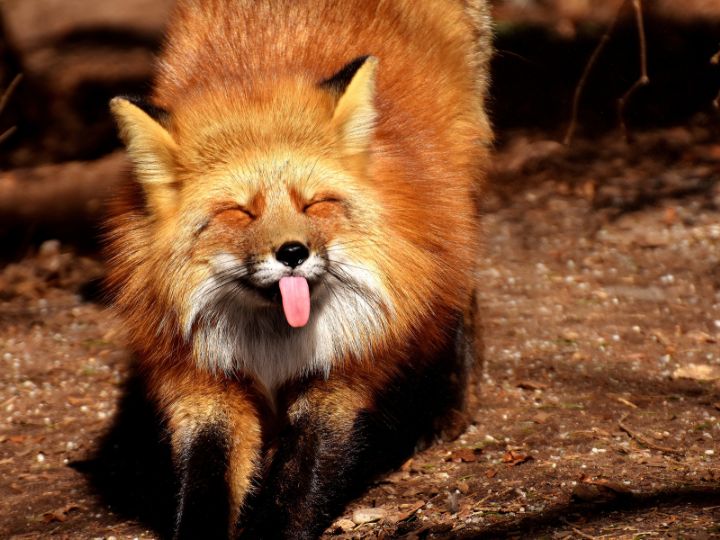
Foxes are more interested in rodents that might be attracted to your potato crop than the potatoes themselves. However, their digging for prey can inadvertently damage your potato plants. Keeping your garden free of rodents can reduce the likelihood of foxes disrupting your potato plants.
12. Bears
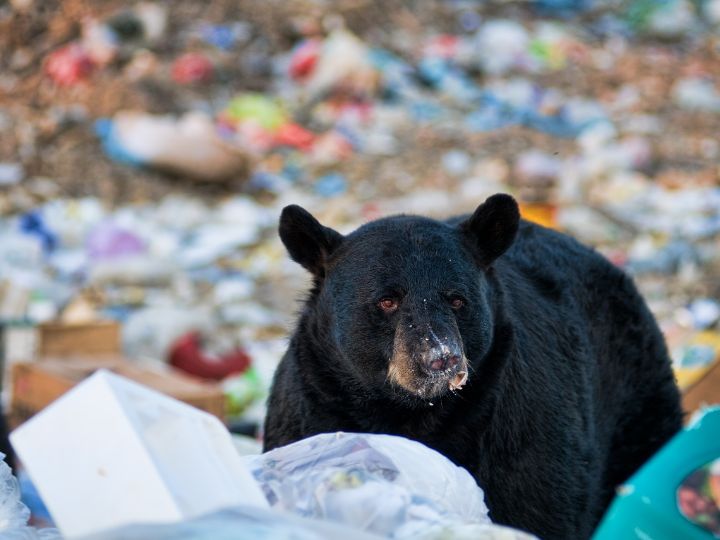
In regions where bears are present, they might be drawn to your garden not specifically for potatoes but for any accessible food. Bears can cause significant damage in their search for a meal. Using bear-proof containers and securing your garden area can help minimize bear intrusions.
13. Badgers
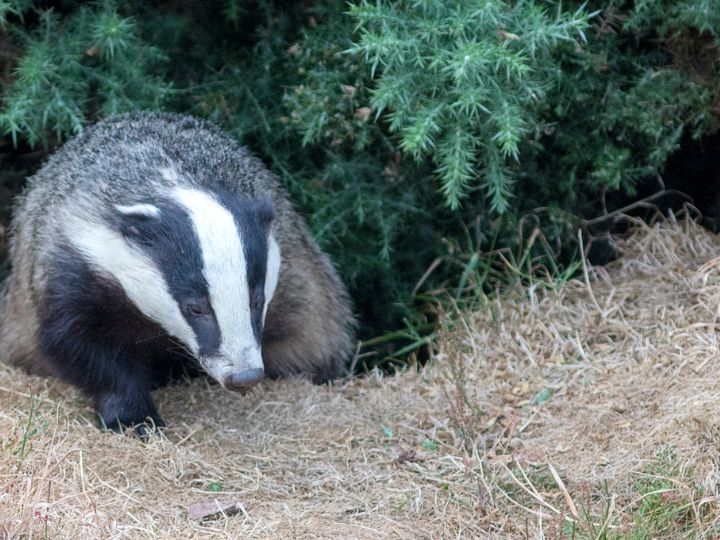
Badgers, known for their digging prowess, can be attracted to gardens with high rodent activity or those in search of earthworms and insects. While not primarily after your potatoes, their digging can disturb potato plants. Minimizing attractants and employing fencing can deter badgers.
14. Porcupines
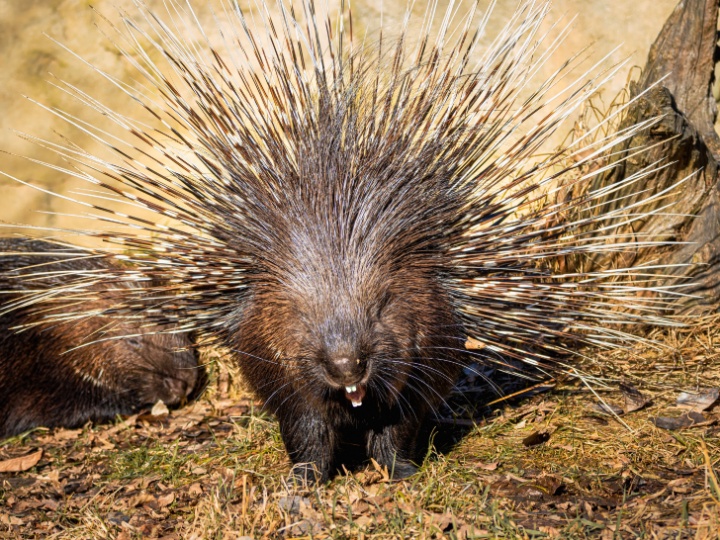
Porcupines might occasionally gnaw on potatoes for their moisture content, especially in dry conditions. They can cause damage by chewing on the tubers and plants. Limiting access with fencing and reducing attractants can help keep porcupines away from your potato garden.
15. Chipmunks
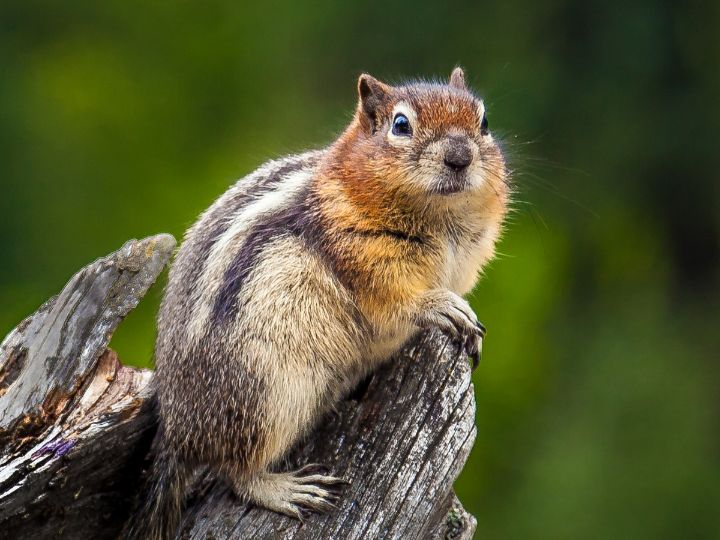
Chipmunks, like their squirrel cousins, can dig up and consume planted potatoes. They can be a nuisance in gardens, storing potatoes for later and potentially reducing your harvest. Employing measures to deter chipmunks, such as securing your garden perimeter, is advisable.
Safeguarding your potato crops against these potential intruders requires vigilance and a variety of deterrent methods. Understanding the specific threats in your area and taking proactive steps can help ensure your potatoes remain safe and sound, ready for your table.
Becky is a fervent wildlife enthusiast and pet care expert with a diploma in canine nutrition. Her love for animals stretches beyond the domestic, embracing the wild tapestry of global fauna. With over a decade of experience in animal welfare, Becky lends her expertise to OutlandishOwl through insightful articles, captivating wildlife information, and invaluable guidance on pet nutrition. Her work embodies a deep commitment to understanding the intricate lives of animals and a passion for educating others on sustaining natural habitats. Becky's hands-on conservation efforts and her knack for translating complex dietary science into practical pet feeding tips make her an indispensable voice for creatures great and small.

